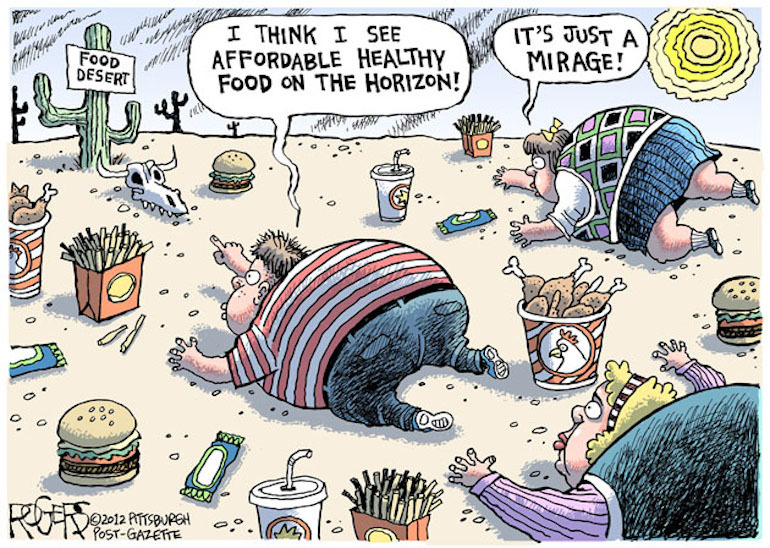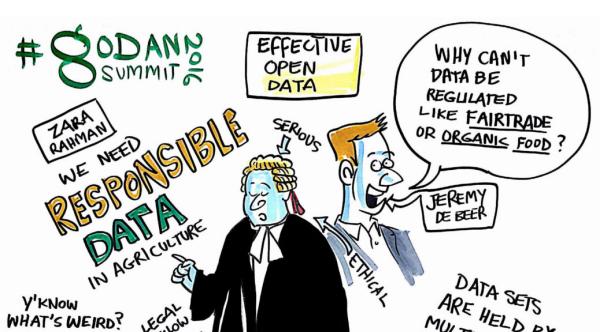Open Data vs food deserts and social divides
Food is life. Food is politics. And so information about food.

Food is life. Food is politics (bread has been called “the foodstuff of revolution”). Proper information on food, and equal access to such information for everybody, are part of democracy. And I don’t mean just information at the diet level, that is how much food of each kind one should eat. That is very easy, at least in theory: “Eat food. Not too much. Mostly plants”. I mean information about how food is produced and managed, from seed or calves to our plates.
Open Data matter. With food and agriculture, they matter even more

<u><em><strong>CAPTION:</strong>
<a href="http://www.openair.org.za/open-data-for-agriculture-godan-summit/" target="_blank">Open data has the potential to end global hunger.</a>
</em></u>
We need to build toward a “high level of integration and openness in data”. The most immediate reason is to “truly be stewards of the land and sustainable producers and consumers of agricultural products”.
But there is much more to it. Open data about agriculture, food production and food consumption are essential to see the whole picture and ask the right questions in many apparently unrelated areas. Like crime, for example: plant tomatoes in urban farms, harvest lower crime rates.
Open data about food also helps to see that, just to make a couple of quick examples:
- people who live in poverty die early because of the stress of poverty itself rather than the poor health choices low-income people make
- healthy eating is hard but not impossible for low-income Americans… if there were smart policies in place
Who writes this, why, and how to help
I am Marco Fioretti, tech writer and aspiring polymath doing human-digital research and popularization.
I do it because YOUR civil rights and the quality of YOUR life depend every year more on how software is used AROUND you.
To this end, I have already shared more than a million words on this blog, without any paywall or user tracking, and am sharing the next million through a newsletter, also without any paywall.
The more direct support I get, the more I can continue to inform for free parents, teachers, decision makers, and everybody else who should know more stuff like this. You can support me with paid subscriptions to my newsletter, donations via PayPal (mfioretti@nexaima.net) or LiberaPay, or in any of the other ways listed here.THANKS for your support!